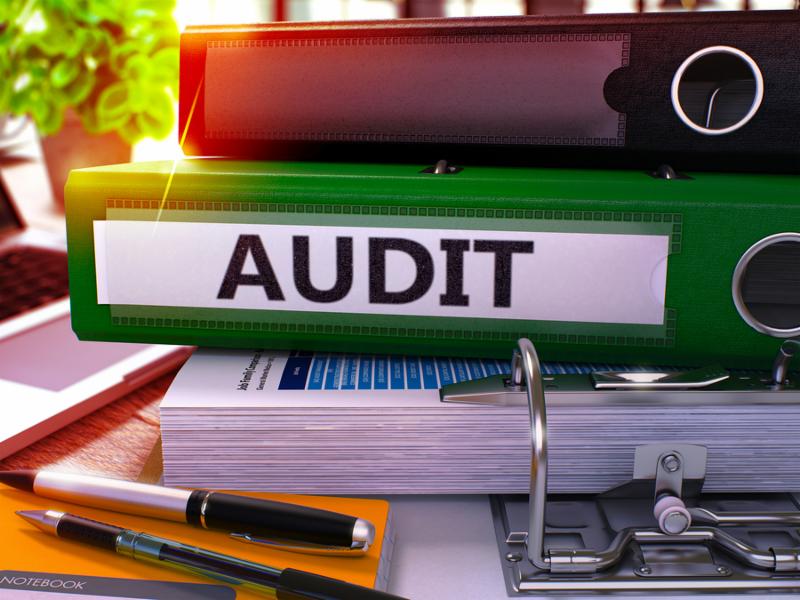Bundled and Embedded Application software and property taxes in California.
 Four years on and the property taxation of bundled or embedded application software in California is finally making it’s way onto the forefront of the Assessor’s office and taxpayers minds. Still outstanding is exactly how each Assessor office is treating this issue, how to resolve outstanding assessment issues, and whether the tax paying businesses potentially affected by this want to give up the type of information necessary to settle these issues with their local Assessor.
Four years on and the property taxation of bundled or embedded application software in California is finally making it’s way onto the forefront of the Assessor’s office and taxpayers minds. Still outstanding is exactly how each Assessor office is treating this issue, how to resolve outstanding assessment issues, and whether the tax paying businesses potentially affected by this want to give up the type of information necessary to settle these issues with their local Assessor.
To remind you all of how we got to this point;
Reposted from CalTaxletter
In a major victory for taxpayers, the Fourth District Court of Appeal ruled September 30 that application computer software is not subject to property taxation even if it comes “bundled” with the computer hardware. However, in order to get the exemption, the taxpayer must segregate the value of the non-taxable software and supply the information to the assessor.
The court wrote:
“In California, all computer software subject to property tax is ‘bundled’ (i.e., comes preinstalled on the computer when you buy it). But not all ‘bundled’ computer software is subject to property taxation. Certain kinds of software are not subject to property taxation even if it comes ‘bundled’ with the computer hardware.
“More specifically, the Legislature has clearly stated, in sections 995 and 995.2 of the Revenue and Taxation Code, that ‘application’ software, as distinct from ‘basic operational’ software, is not to be valued for purposes of property taxation. And the State Board of Equalization has clearly provided, in section 152 of title 18 of the California Code of Regulations – often referred to as ‘Rule 152’ – that taxpayers may demonstrate that a portion of the value of a computer represents nontaxable application software despite the fact that application software came ‘bundled’ inside the computer when the consumer bought or leased it.
“That is, bundling is a necessary condition for taxation, but not a sufficient condition. In this case, however, the Orange County Assessor appears to have confused what is necessary with what is sufficient. The Assessor says the fact of bundling is dispositive. The trial court’s judgment agreeing with the Assessor must, accordingly, be reversed.”
At issue was bundled computer software that included basic operational software and application software that was sold to hospitals for automatic dispensing and tracking of medicines. The Orange County assessor said the software was taxable, solely because it was bundled. The taxpayer was rebuffed in an attempt to submit evidence that a portion of the amount was exempt because it was not “basic operational software.”
Referring to the statutes exempting computer software (Revenue and Taxation Code Sections 995 and 995.2), the court noted: “Section 995.2 makes clear that ‘application’ (or ‘processing’) programs do not come within the definition of a ‘basic operational’ program, i.e., are not to be valued for taxation under section 995. Again readers will look in vain for any thought that ‘application’ (or ‘processing’) software – that is, software that is not ‘basic operational’ software – is somehow magically transformed into ‘basic operational’ software merely by being embedded into the computer.”
The court distinguished this case from the 1999 Hahn v. BOE case, where the court ruled that basic operational software not sold with the computer is exempt. In rejecting the assessor’s arguments that this means that bundled application software is taxable, the court said the decision held only that bundled operational software was taxable. It added that the court “never had occasion to address the taxability of unbundled software.” One interesting note: the court noted that the Hahn decision quoted the Chief Consultant to the Assembly Revenue and Taxation Committee in 1972 (who, by the way, was David R. Doerr).
The case is Cardinal Health 301, Inc. v. County of Orange, 2008, 06CC04716.
Presiding Justice David Sills wrote the opinion, and Justices William Rylaarsdam and Richard Aronson concurred.
Download the complete Fourth District Court of Appeals decision here in PDF format: Cardinal Health Decision
If you would like to discuss your options and how Haws Consulting Group can help you with regard to embedded or Application software, please call Erik Haws at 408-369-7272 x205.


